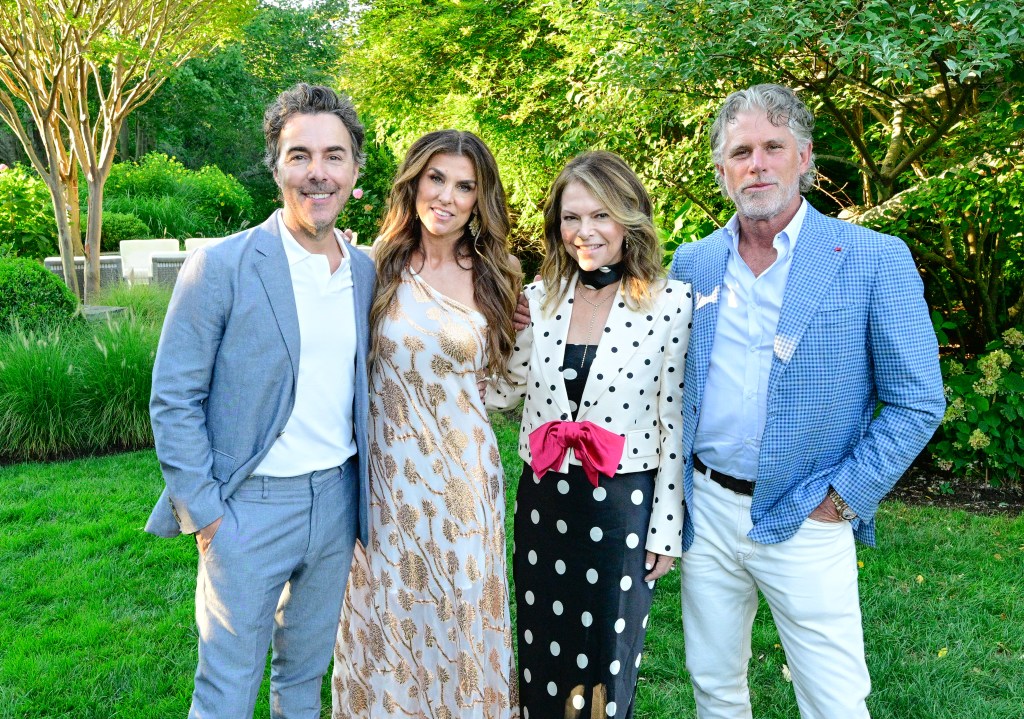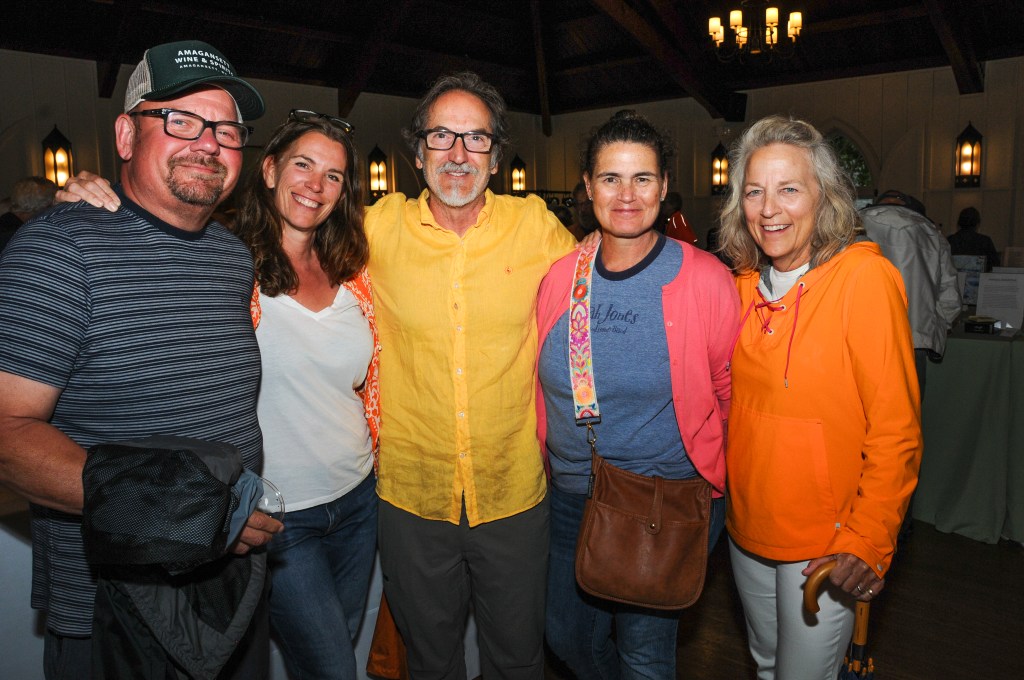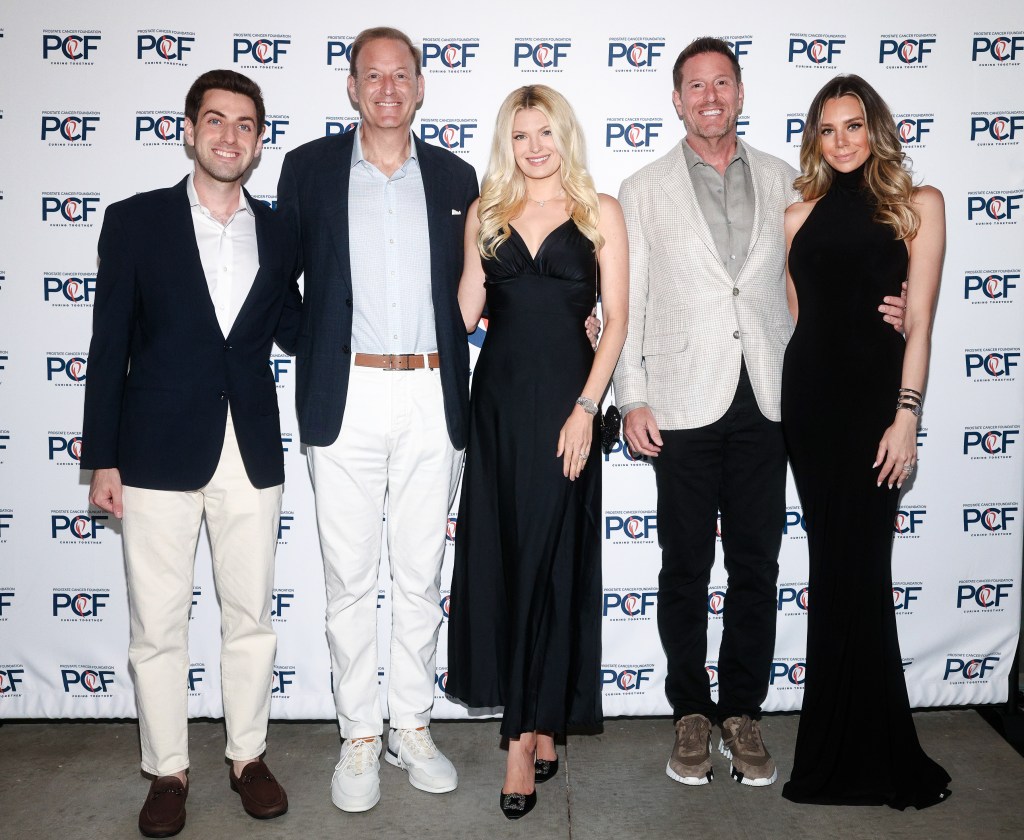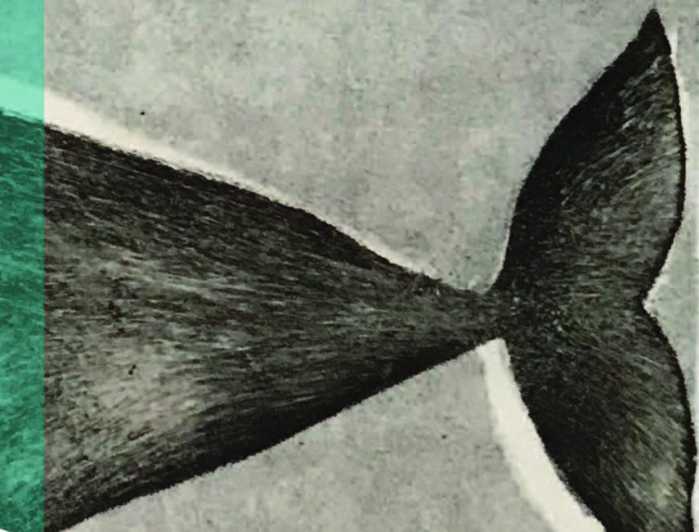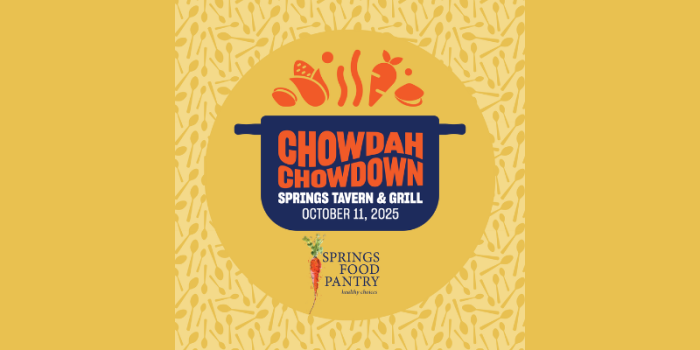One For Teens, One For Adults

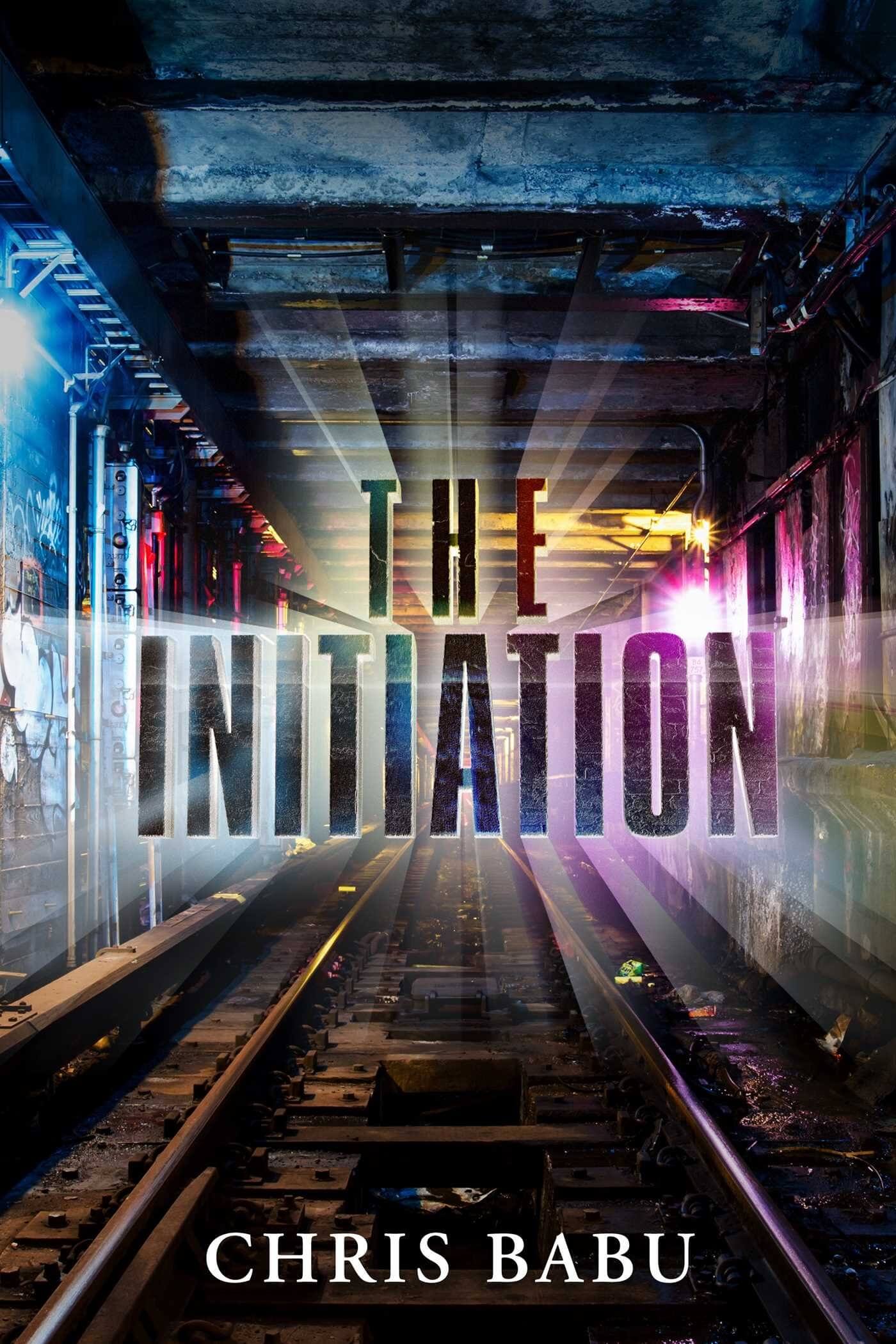
The Initiation by Chris Babu, Permuted Press, 325 pp., $21.
If adolescent boys may be the most difficult age group to entice into reading literature, Southampton resident Chris Babu certainly makes a strong pitch for their attention with The Initiation, a compelling futuristic adventure tale that will appeal to young males with heroism fantasies and testosterone on the move.
It’s possible, though, that teenage girls who tend to mature earlier, and are not sidelined by romance fiction, may also find Babu’s debut novel engaging.
One of the main characters, Clarice, a beautiful, super-bright withdrawn 15-year-old, comes to allow herself to feel affection for the protagonist of the book, young Drayden Coulson, a “math geek” and the smartest guy in his class, but also kind of shy. What they share is a love of intellectual challenge, and what the plot of The Initiation gives them and four of their classmates is plenty of challenge by way of a series of life or death games.
Call the story a “nerd version of The Hunger Games,” the author has said. And look at it as “quasi-interactive” because it invites readers to solve the “brainy challenges” that confront the youngsters who pledge for The Initiation, as a way to improve their lives.
What the characters can’t imagine, however, are the timed mental and physical ordeals they will have to face in the sinister, abandoned NYC subway system, where the Initiation takes place. Some puzzles may be familiar to older readers, but everyone will recognize that the ultimate challenge is to be a decent and courageous human being in the face of fear, envy, or pain.
The author, a former Wall Street bond trader and a math graduate from MIT, cleverly draws on contemporary concerns to fashion his sci-fi narrative: “If several of the world’s major issues all went worst-case scenario at the same time, you’d end up with the near-future dystopia of New America.”
That apocalyptic “Confluence” has already occurred when the story begins, leaving in its wake a despotic regime of 100,000 people who live in Manhattan, are separated into class zones, and are ruled by restrictive political, economic, and societal laws. Teachers and parents might well consider suggesting that this literate and suspenseful book be included on middle school and high school curricula.
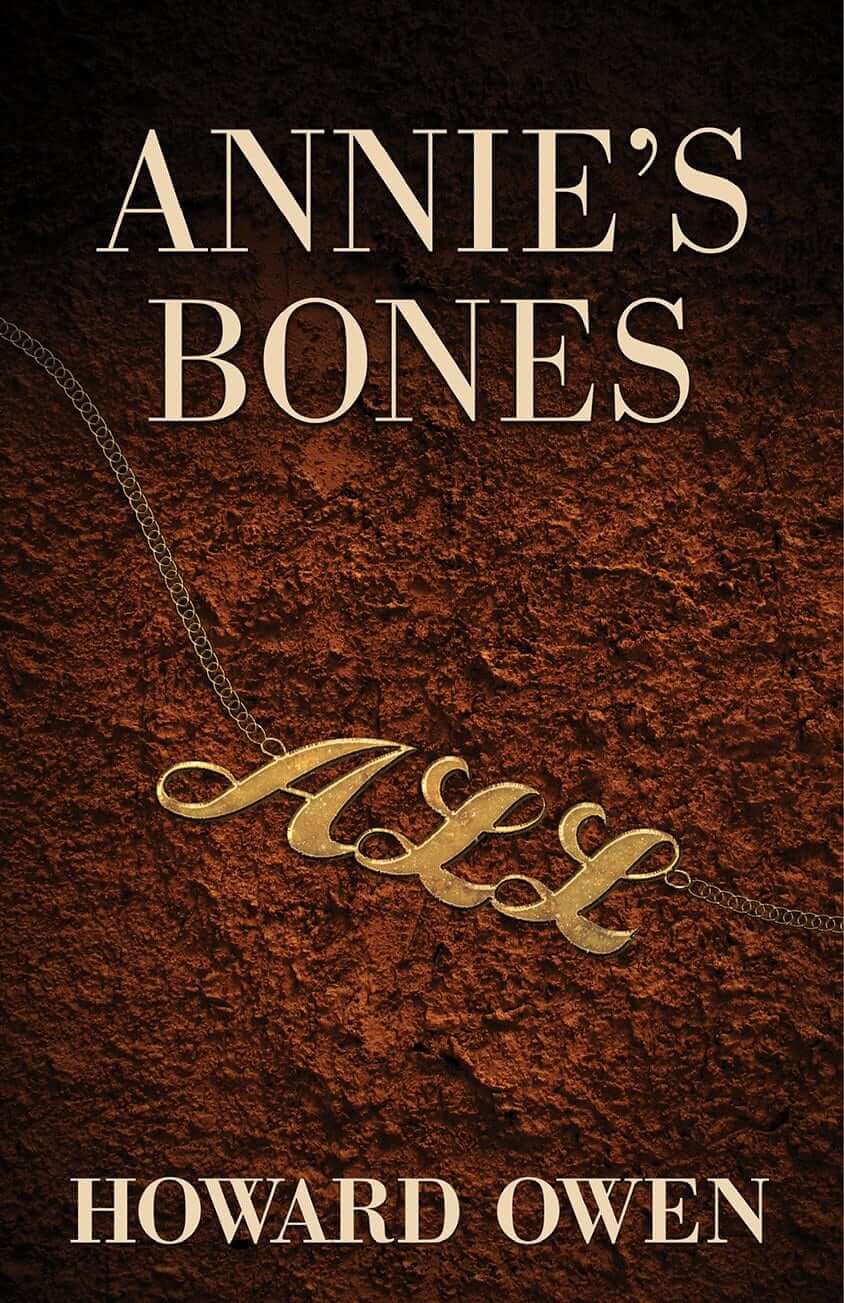
Annie’s Bones by Howard Owen. The Permanent Press, 264 pp., $ 29.95.
Though this is crime literature award-winning Howard Owen’s 16th book from his Sag Harbor publishers, he continues to deliver inventive fiction by way of colorful characters and a strong sense of place, usually regions around his home town of Richmond.
Fans will recognize some minor characters who were major players in earlier murder mysteries, and it’s nice to see them back, if briefly, because Annie’s Bones is in many ways about nostalgia — as though Owen is keeping up with his own age as well as the age of his protagonist, who is introduced on page one “squatting like an arthritic catcher in the Virginia mud.”
The narrative opens in May 2016 and alternates between that date and 1968, when James Grayson (Gray) Melvin’s 19-year-old college sweetheart went missing after rejecting him. She ran from his car, never to be seen again until 48 years later, when her bones accidentally turn up during a local dig.
Gray would have married Annie in a heartbeat. She still had his class ring when they split. But what happened that night she fled? He’s well aware that locals consider him the prime suspect in her disappearance, which they really think was murder. Four decades later, her family is still hell bent on revenge.
Wealthy and politically well connected, her brother ensures that Gray never gets or keeps a decent job, especially in journalism, his love, and it is obvious who makes the phone call that sets the plot in motion: “Enjoy your last few days of freedom, asshole . . . they found her. They found Annie.”
By giving Grey sympathetic context — a drunken father, a mother who left him when he was a child, a troubled sister, a failed marriage — Owen makes clear that Grey is a likeable, hardworking man who is honest with himself. (“He didn’t have any experience being cool. He only had experience pretending to be cool.”) He has earned the love of a good woman, but even she doesn’t know the full story of his relationship with Annie.
Still, she stands by him, giving Owen a chance to do what he does best — craft complex characters of flawed humanity that are as much universal in their longing as they are exemplary of a changing rural, low-income part of the country that more Americans should know more about.
